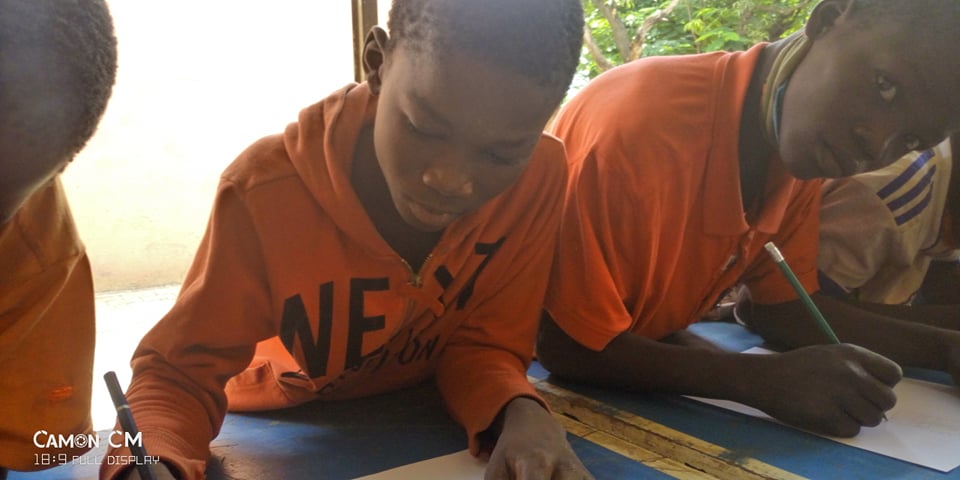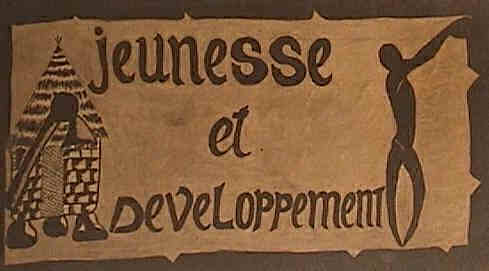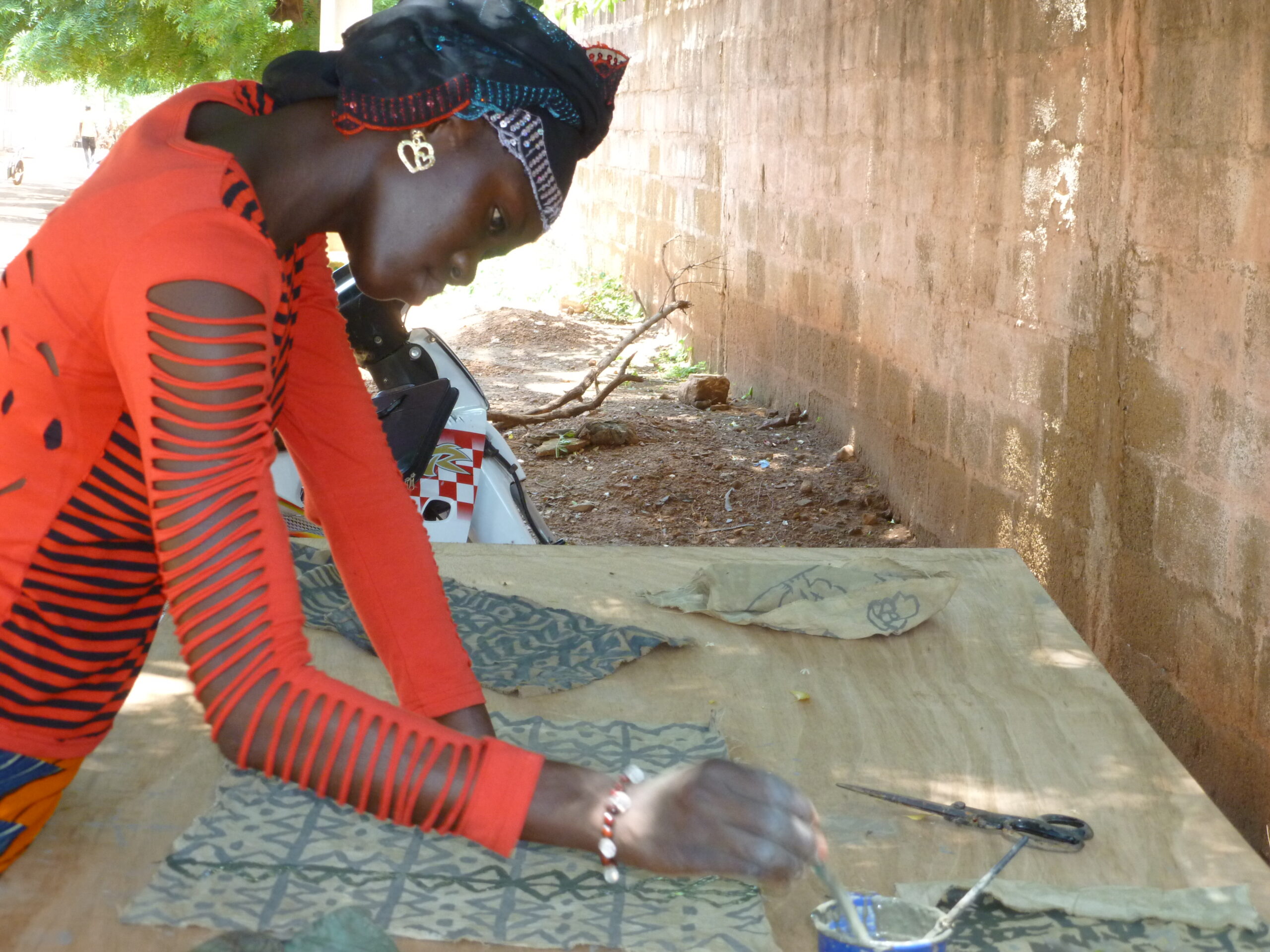Mali
Development
Group
Development on a human scale…
The Mali Development Group, also known as MDG, is dedicated to promoting social development in Mali, West Africa. We have been working hand in hand with Malians for over 20 years, addressing basic needs with the active involvement of community groups. Our national partners operate in the capital city of Bamako and in remote areas in the rural South.
Aside from raising funds, we provide practical and technical assistance by harnessing the expertise of our members and leveraging the relationships we have built over the years. As a small voluntary group, we rely on the skills and commitment of our members, allowing us to keep our overheads to a minimum.
We are committed to fostering enduring partnerships with our Malian colleagues, founded on the principles of trust and openness. We believe that this approach has resulted in an effective model of international development, built on people-to-people connections that promote local action.


Our Partners past and present

Jeunesse et Développement (J&D)
J&D registered as a National Non-Government Organisation in 1995 and started working with MDG in 2001. It has implemented a range of urban and rural projects linked to education, health, economic development and civic education, with a focus on women and children, including 2 projects funded by the UK’s Comic Relief.
Difficult times in Mali have contributed to much decreased project activity, and after nearly 25 years, our long and productive partnership has now come to an end. We celebrated our common achievements at an event on 07/09/2024 and an overview of these is recorded in our document “A Journey Shared” which can be downloaded here.

Pensons à Demain (PAD)
PAD is a registered Cultural Association created by the artist Kader Keita and his friends in 2004. They use the media of art and culture to build the confidence and self- esteem of children living or working on the streets of Bamako, thus facilitating their reintegration into wider society through reconnection with their families and learning skills for independent living. They include children with disabilities, school dropouts, young mothers, those displaced from north and central Mali and young women in detention. See PAD’s 2024 annual report here.
